Back in 2019, Uri Friedman wrote that we “find ourselves—as you will have heard in the corridors …
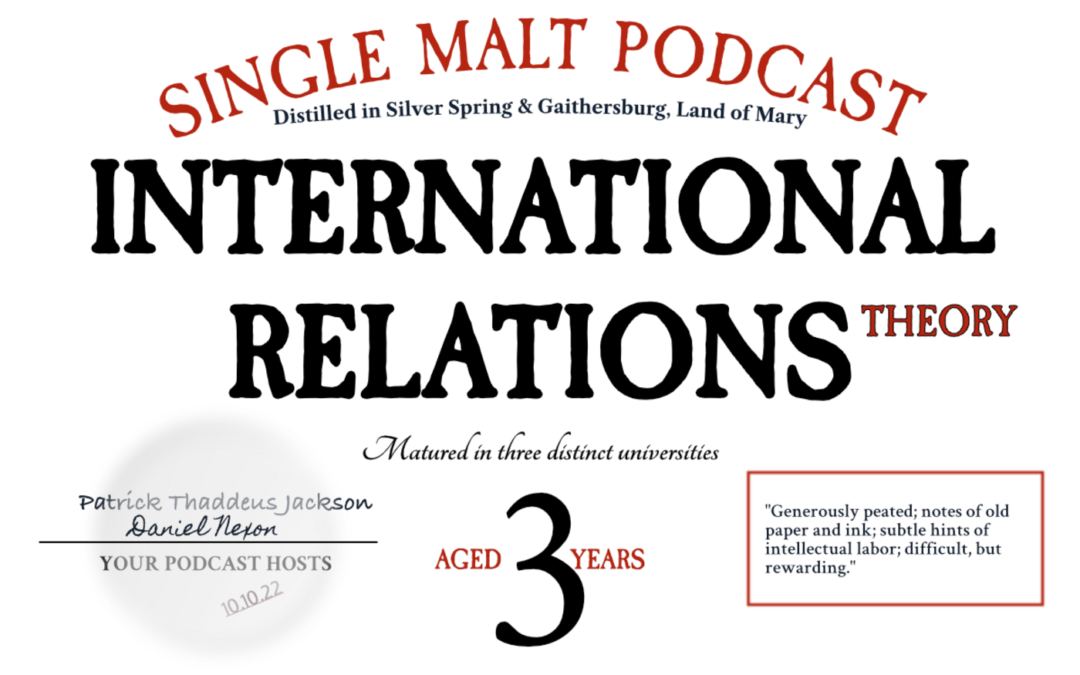

Back in 2019, Uri Friedman wrote that we “find ourselves—as you will have heard in the corridors …

Jarrod talks with Georg Löfflmann (University of Warwick) and Frank Stengel (Kiel University) about the changes in German foreign policy in the aftermath of the Russian invasion of Ukraine and, in particular, about the idea that Germany is experiencing …

In this “Whiskey Optional” episode, PTJ facilitates a conversation among four colleagues from dif…

Articles by authors with foreign-sounding names are cited far less than those written by people with “typically-American” names.
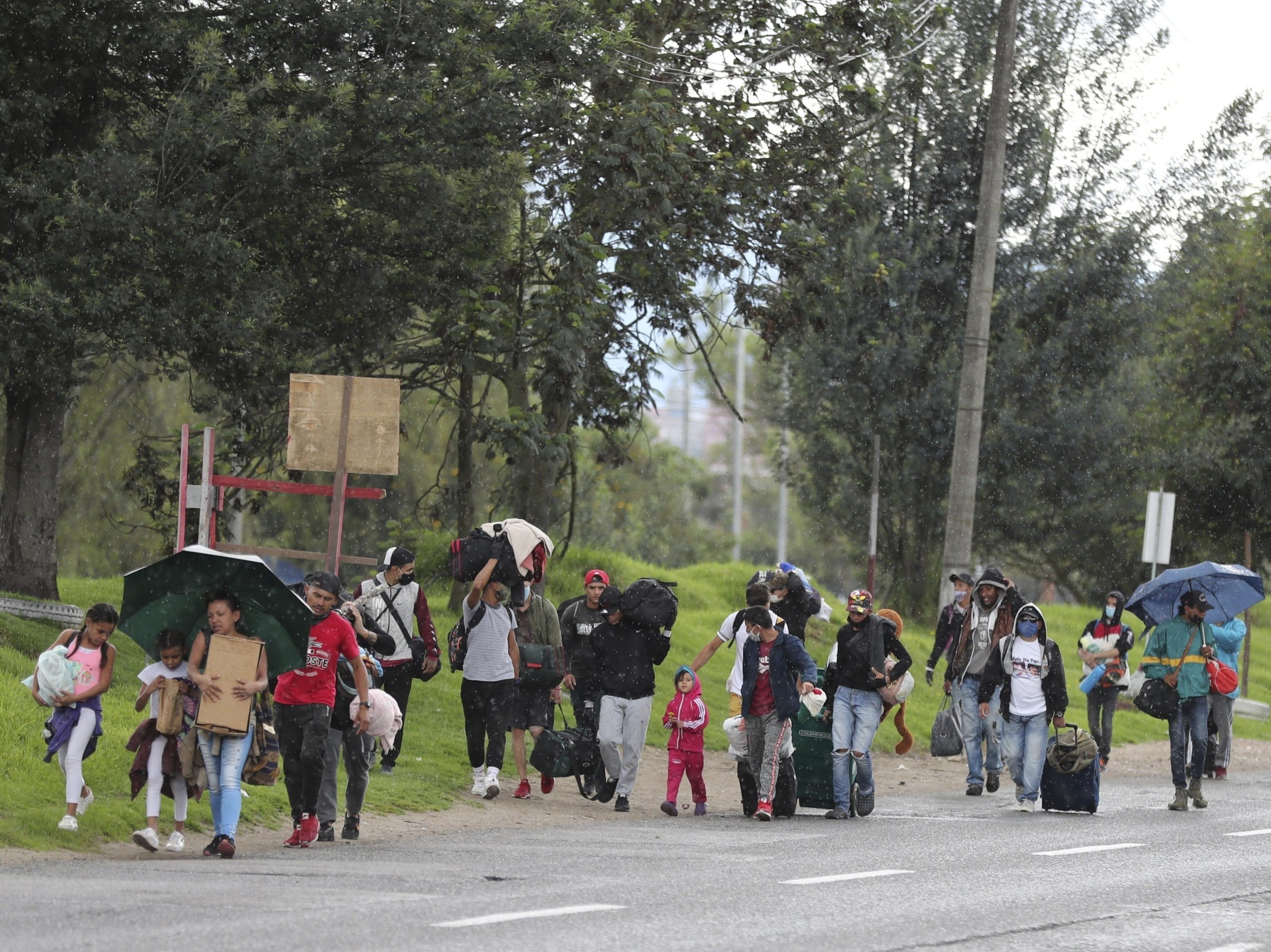
This is a guest post by Shauna N. Gillooly is a PhD Candidate at the University of California, Irvine and a visiting researcher at Pontifica Universidad Javeriana in Bogotá, Colombia. Her research focuses on peacebuilding and transitional justice in contexts of continued political violence. In 2015, Venezuela’s already-in decline economy took yet another turn for the worse. Then-historically low oil prices, along with internal mismanagement of infrastructure by Maduro’s administration, led to millions of Venezuelans leaving the country in search of a more stable life. For many of them, the...
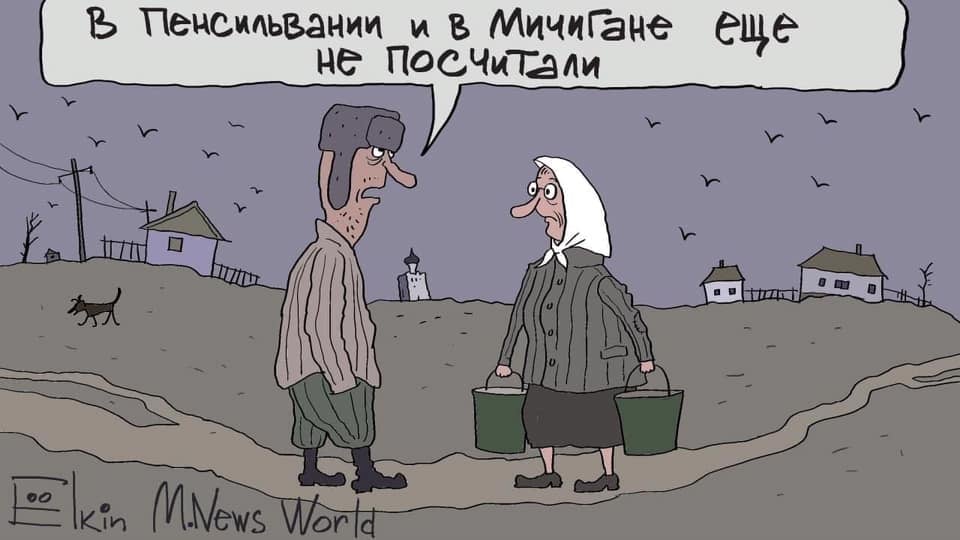
A couple of years ago, I conducted a Gary Steyngart-esque experiment and watched Russian TV for a day, to find out in what kind of information bubble a regular Russian person lives. This year, I can’t use the remote because I bit all my nails during the American election week, but also the borders are closed, so both Russia and a Russian TV are beyond my reach. Never fear, I fired up Ye olde Tube to see what’s happening with the American elections in the Russian media. Let’s flip to one of the most odious guys on Channel Two – Dimitry Kiselyov, aka “let’s burn gays’ hearts”....

Anne Harrington and Jacqueline (Jill) Hazelton take center stage in the inaugural G&T episode.

This piece is written by Bridging the Gap co-Director Naazneen H. Barma, Director of the Scrivner Institute of Public Policy, Scrivner Chair, and Associate Professor at the Josef Korbel School of International Studies at the University of Denver. It was commissioned as part of the "Represent" series on diversity, inclusion and representation in the national security sphere, an initiative of Defense 360 of the Center for Strategic and International Studies. Defense 360 and the Duck of Minerva agreed to cross-post the piece in order to ensure wide reach to both academic and...
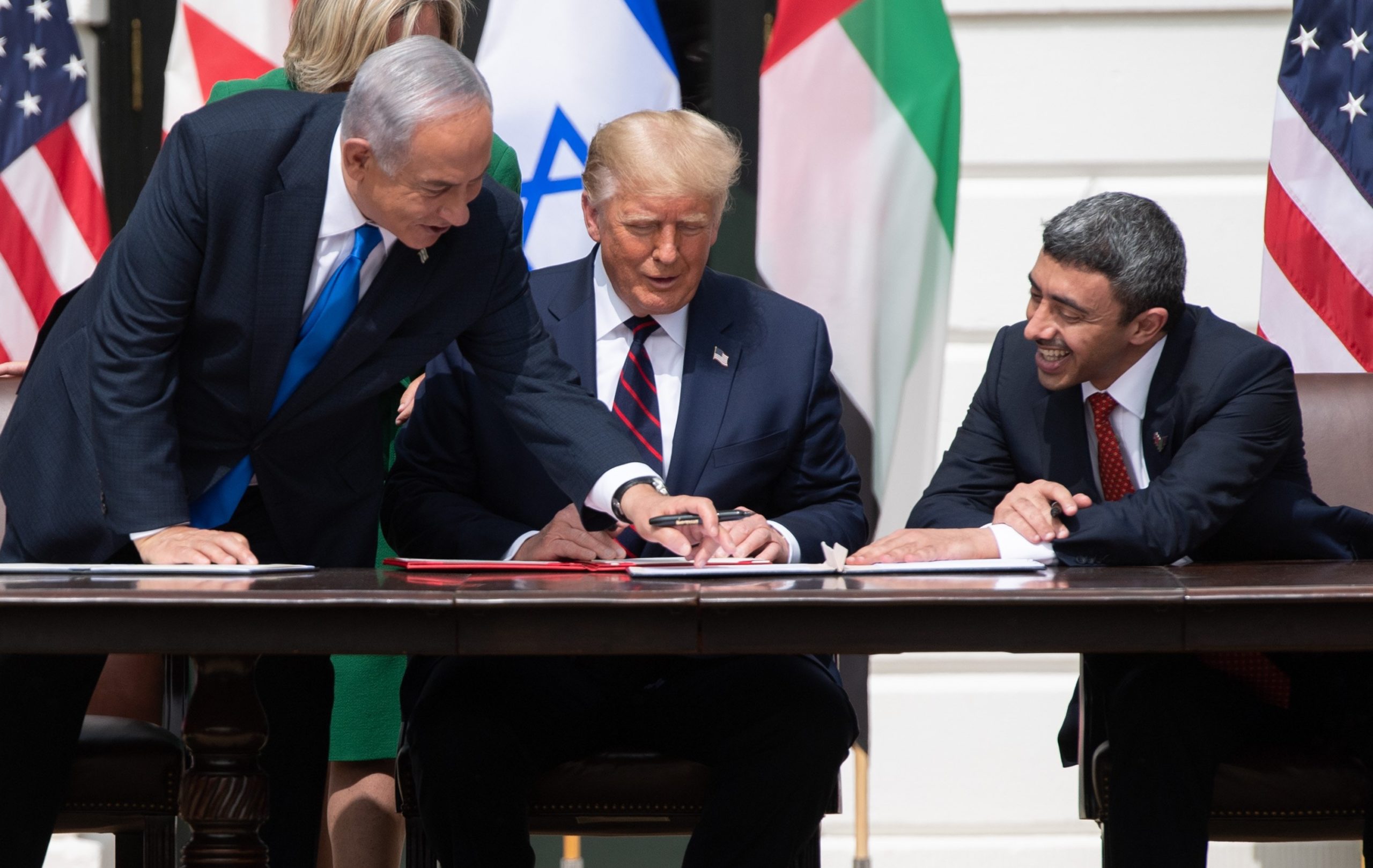
In September, the UAE and Israel signed "the Abraham Accords," normalizing relations between the UAE and Israel. The Trump Administration presented this as if it was equivalent to the Camp David Accords, a ground-breaking peace agreement that would transform the world. Much of the Middle East policy community, however, met it with a shrug. I'm not sure I'm joining in on that shrug. While it's true Trump exaggerated and misrepresented the deal, as he is wont to do, I worry a sneaky "common wisdom" has developed among observers that may obscure the significant impacts of this agreement. The...
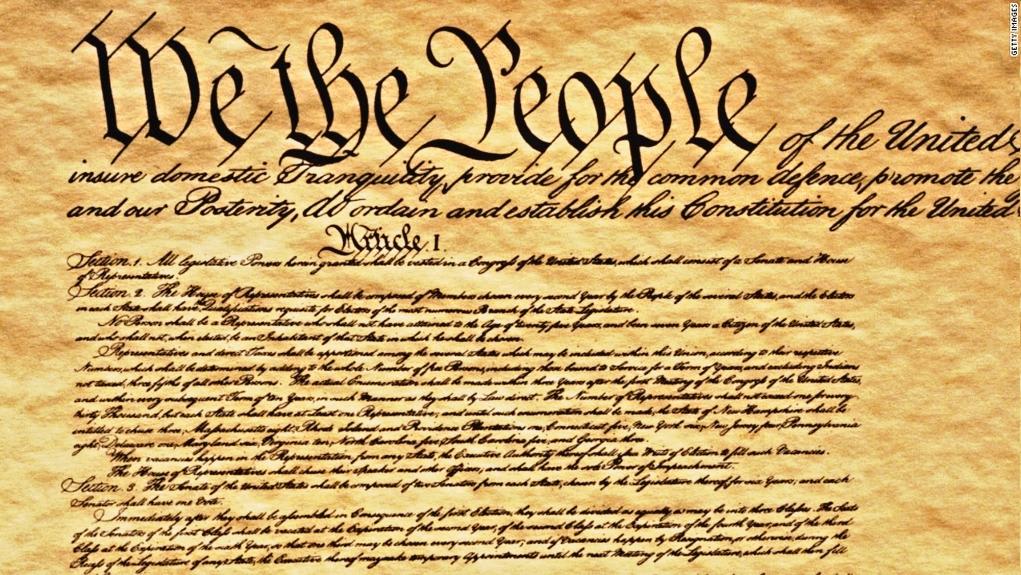
Last night’s debate might go down as one of the greatest in recent memory, and I am prepared to die on that hill. It was ugly. But it was also raw, unfiltered, and honest. It was thin on policy substance which is why I think the majority of my Twitter feed thought it was a shitshow.[1] A few things stood out which I think are worth mentioning, even on an IR blog. The performances last night got me thinking a lot about game theory. I am not a game theorist, and if I were, I would not subject you to a model of this year’s electoral strategy by Teams Trump and Biden. (I doubt the game theorists...

Professor Julie Kaarbo (U. of Edinburgh) discusses role theory, the relationship between FPA and IR theory, and a new project she is calling Breaking Bad. As always thanks go to Steve Dancz (https://stevedancz.com) for our theme music.

Professor Julie Kaarbo discusses Foreign Policy Analysis.